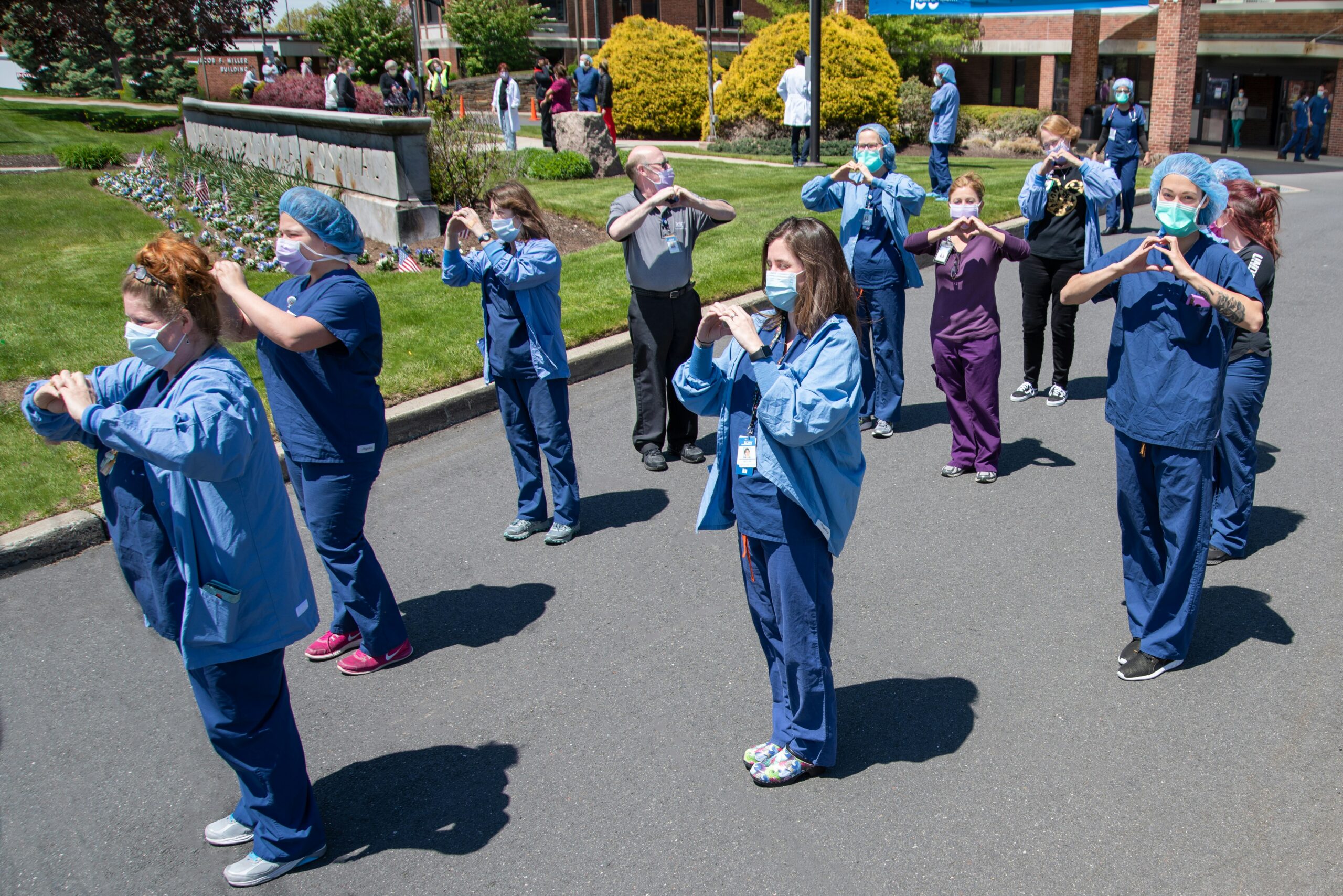Many of us hold a quiet hope that one day, we’ll finally arrive, that we’ll find a place, a relationship, or a version of ourselves that feels completely like home.
But for people who have lived between worlds, that sense of home can feel just out of reach.
You might recognize yourself in that experience if:
– You grew up moving between cultures or countries.
– You’re an adoptee searching for a sense of origin or identity.
– You’re a helping professional who spends your days caring for others but feels emotionally unmoored yourself.
– You’ve gone through big transitions (divorce, relocation, loss) that left you unsure where you belong.
At Horizon Online Therapy, we often work with clients who describe this feeling: “I should feel at home by now, but I don’t.” Therapy can be a space to explore that and to build a new kind of home from the inside out.
Why homecoming can feel complicated
For people living between worlds, belonging isn’t always straightforward.
– You may love your family and still feel unseen by them.
– You may return to a familiar place and feel like a visitor.
– You may have created a stable life and still feel like part of you is missing.
That’s because “home” isn’t only about where we live, it’s about where our nervous system feels safe.
When you’ve experienced trauma, chronic stress, adoption, or cultural dislocation, your body learns to stay on alert. You might be physically home but emotionally scanning for danger. Over time, that vigilance becomes exhausting.
Therapy can help you recognize and unlearn that pattern, allowing the body and mind to rest.

How therapy supports a sense of belonging
Belonging begins with safety. Not in the abstract: in the body.
Through trauma-informed approaches such as EMDR, mindfulness, and somatic regulation, our therapists help clients gently reconnect with that sense of inner steadiness.
You might begin to notice moments like:
– Taking a full breath for the first time in a long while.
– Feeling grounded in your body instead of detached or tense.
– Recognizing that your emotions make sense in the context of your story.
– Understanding that you can be part of multiple worlds — and still be whole.
These are small but powerful markers of homecoming.
The paradox of belonging
People who live between worlds often become experts at empathy.
You might sense what others need, adapt easily, or mediate conflict effortlessly.
These are strengths, but they can also lead to losing track of your own needs.
In therapy, we explore how to stay connected to others without abandoning yourself.
Belonging doesn’t have to mean choosing one identity over another; it can mean holding multiple truths at once.

Rebuilding home from the inside out
At Horizon Online Therapy, our clinicians work with clients across Oregon who are ready to stop chasing the “perfect” homecoming and start creating safety within themselves.
We use approaches like:
– EMDR (Eye Movement Desensitization and Reprocessing) to heal past experiences that still feel unfinished.
– Narrative Therapy to make sense of who you are and challenge old beliefs about worth and belonging.
– Mindfulness and somatic tools to calm the nervous system and reconnect with the body.
You don’t have to do it alone and you don’t have to find a single “place” to belong.
Homecoming can be a gradual process of learning that you are already allowed to arrive.
Therapy across Oregon — wherever you are
Because our work is entirely online, you can access therapy anywhere in Oregon, from Portland to Eugene, Salem to rural communities that often lack access to in-person care.
If you’ve been longing to feel more grounded, understood, or at peace with your own story, we can help.
Our therapists specialize in trauma, identity, adoption, multicultural stress, and belonging.
Begin your homecoming today
You don’t need to have it all figured out before reaching out.
Sometimes, the first step toward belonging is simply being heard.
Schedule a free consultation to learn how therapy at Horizon can help you come home to yourself. One breath, one story, one moment at a time.




